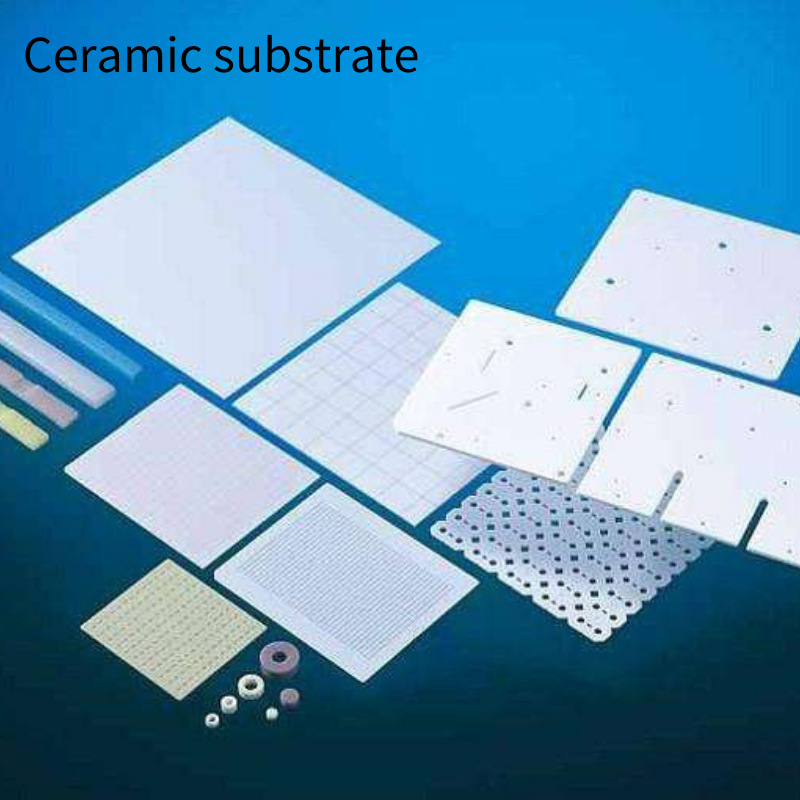
Applications and Benefits of Resin Coated Sand in Modern Casting Processes
The Role of Resin Coated Sand in Modern Foundry Processes
In the ever-evolving world of manufacturing, foundries are continuously seeking innovative materials and techniques to enhance their casting processes. One such material that has gained significant popularity is resin coated sand (RCS). This specialized type of sand offers numerous advantages, making it a vital component in modern casting practices.
Understanding Resin Coated Sand
Resin coated sand is produced by coating conventional sand particles with a synthetic resin, typically a phenolic or epoxy resin. The coating process involves mixing the sand with the resin, which is later cured to create a durable, heat-resistant material. The result is a sand that possesses superior mechanical properties compared to traditional green sand, making it ideal for various types of metal casting.
Benefits of Resin Coated Sand
1. Improved Surface Finish One of the most significant advantages of using resin coated sand is the exceptional surface finish it provides. The coated sand forms a smooth and consistent mold surface, which minimizes defects such as roughness and improves the overall aesthetic quality of the cast products. This is especially critical in industries like automotive and aerospace, where precision and surface integrity are paramount.
2. Reduced Cleanup RCS helps in reducing the amount of cleanup required post-casting. Traditional sands can leave behind residues and imperfections that require extensive finishing work. In contrast, the smooth surface produced by resin coated sand often reduces the need for additional machining, thus saving time and costs.
3. Better Tolerance and Dimensional Accuracy Resin coated sand offers superior dimensional stability when compared to conventional sand. It maintains its shape during the casting process due to the resin’s curing properties. This results in higher tolerance levels and improved dimensional accuracy of the final cast products, which is crucial in high-precision environments.
resin coated sand

4. Enhanced Strength and Durability The resin coating significantly enhances the strength of the sand. This added strength allows for the production of thinner-walled castings without the risk of mold failure or deformation during the metal pour. Furthermore, the durability of RCS means that it can withstand higher temperatures, making it suitable for a broader range of alloys and varying casting conditions.
5. Environmental Considerations The rise of environmentally conscious manufacturing has led to greater scrutiny of foundry practices. RCS is often considered a more environmentally friendly option as it tends to produce fewer emissions and waste compared to traditional sand systems. Additionally, many suppliers have embraced the use of recyclable materials in their resin formulations, further reducing the environmental impact.
Applications of Resin Coated Sand
Resin coated sand is employed in numerous applications across different industries. Its ability to produce high-quality castings has made it a staple in sectors such as automotive, aerospace, and energy. Components like engine blocks, transmission cases, and turbine housings are often produced using RCS, ensuring they meet the stringent quality standards required in these demanding applications.
Moreover, RCS is increasingly utilized in the production of complex shapes and intricate designs that would be challenging with traditional molding techniques. This versatility allows manufacturers to innovate rapidly, adapting to changing market demands and consumer preferences.
Conclusion
In conclusion, resin coated sand has revolutionized the casting industry by offering a blend of precision, quality, and environmental sustainability. As foundries continue to face the challenges of increasing quality standards and sustainability demands, RCS stands out as a reliable solution that enhances the overall performance of the casting process. With ongoing advancements in resin technology and casting methods, the future of resin coated sand looks promising, ensuring its vital role in the evolution of foundry practices for years to come.
Share
-
Premium Talcum Powder Enhanced with GPT-4 Turbo | Soft & Long-LastingNewsAug.02,2025
-
Fly Ash Solutions Enhanced by GPT-4 Turbo | Sustainable InnovationNewsAug.01,2025
-
Natural Premium Bentonite Cat Litter - Superior ClumpingNewsJul.31,2025
-
Premium Resin Coated Sand - High Heat Resistance CastingNewsJul.31,2025
-
High Quality Silicon Carbide Grit for Abrasive ApplicationsNewsJul.30,2025
-
High-Quality Ceramsite for Plants & Gardening | Lightweight PebblesNewsJul.29,2025






